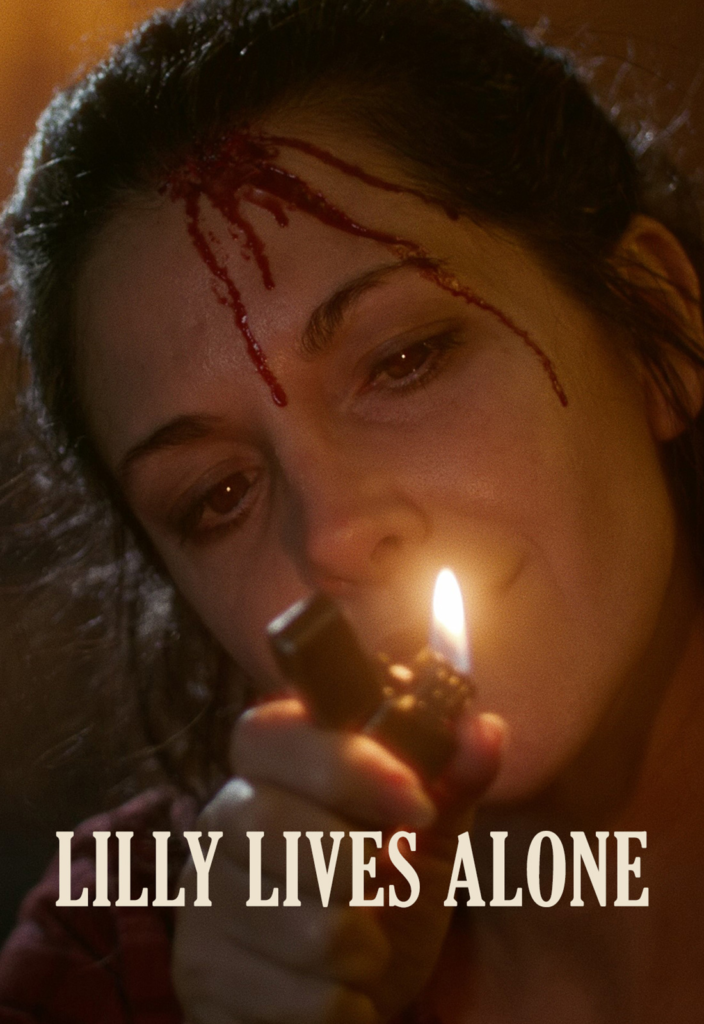Lilly Lives Alone Christian Review
Lilly Lives Alone is not a typical horror film—it is a slow, suffocating descent into grief. Ten years after losing her daughter in a tragic accident, Lilly lives in isolation, consumed by loneliness and addiction. But when her daughter’s ghostly presence begins to appear, the line between memory, hallucination, and haunting blurs. What follows is less about scares and more about the raw, painful truth of a mother’s broken heart.

This is not a movie filled with jump scares or cheap thrills. Instead, it is a psychological chamber piece, a story that traps you inside Lilly’s fractured mind. The drug-fueled fever dreams, the conversations with her daughter’s ghost, the claustrophobic setting—it all combines to create a portrait of unrelenting trauma. You don’t just watch Lilly’s pain; you feel it.
From a Christian perspective, the film whispers the question found in Psalm 34:18: “The Lord is close to the brokenhearted and saves those who are crushed in spirit.” Lilly’s struggle shows us what happens when grief is carried alone—without faith, without hope, without surrender. The haunting is less about a ghost and more about the wounds of a heart that refuses to heal.
The strength of Lilly Lives Alone lies in its emotional intensity. It is not for those seeking light entertainment. Instead, it is for those willing to step into the silence of sorrow and sit with it. The ghost is symbolic, a manifestation of guilt and unprocessed grief—reminding us that running from pain only deepens it.
Yes, it’s heavy. Yes, it’s uncomfortable. But it also reminds us of the truth in Matthew 5:4: “Blessed are those who mourn, for they will be comforted.” Comfort doesn’t come from drugs, or from chasing shadows of the past—it comes from surrender, from trusting that even in the darkest nights, God’s presence is near.
Lilly Lives Alone may not be an easy watch, but it is a necessary one. It shows that grief without grace becomes torment, but grief surrendered to Christ can be transformed into hope.





